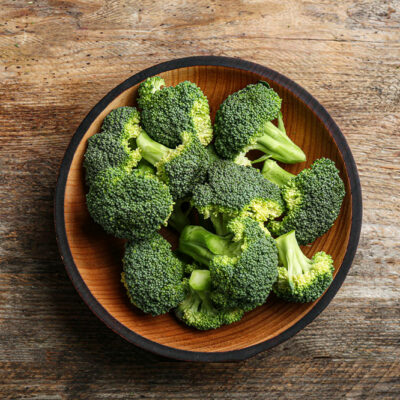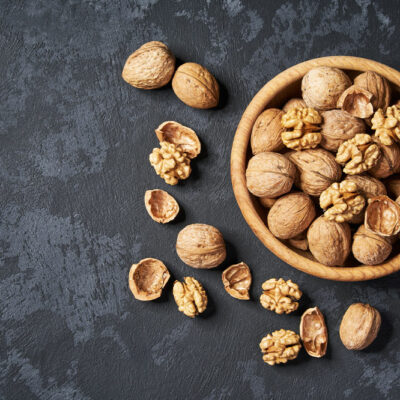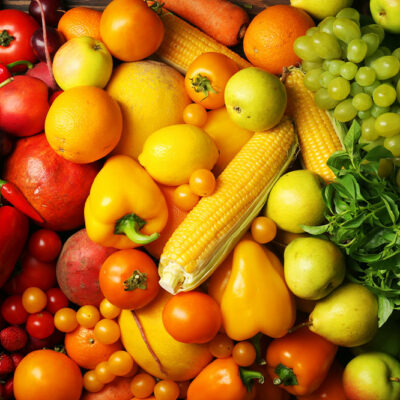
Causes, Symptoms, and Ways to Manage Prostate Cancer
The prostate gland is an indispensable part of the male reproductive system that is responsible for producing seminal fluid. Prostate cancer develops when abnormal, cancerous cells develop in the prostate gland. These cells may eventually spread to other organs, including the liver and lymph nodes. While prostate cancer is common among men, early diagnosis and treatment can help overcome the condition. This article elucidates the prostate cancer causes and symptoms and ways to mitigate its risk: Causes and risk factors Genetic predisposition Mutations to specific genes like BRCA1, BRCA2, and HOXB13 can increase one’s risk of developing prostate cancer. These genetic mutations are also responsible for the onset of breast cancer. Therefore, research has demonstrated that individuals with a family history of breast cancer may also be more vulnerable to this condition than others. Finally, individuals with close blood relatives grappling with prostate cancer are at a higher risk. Age One’s risk of prostate cancer increases with age and is most common among individuals over the age of 50. Further, individuals who are 65 years or older account for 60% of prostate cancer cases. Excessive fat consumption Several experts agree that excessive fat intake is one of the most crucial risk factors for prostate cancer.
Read Article 









